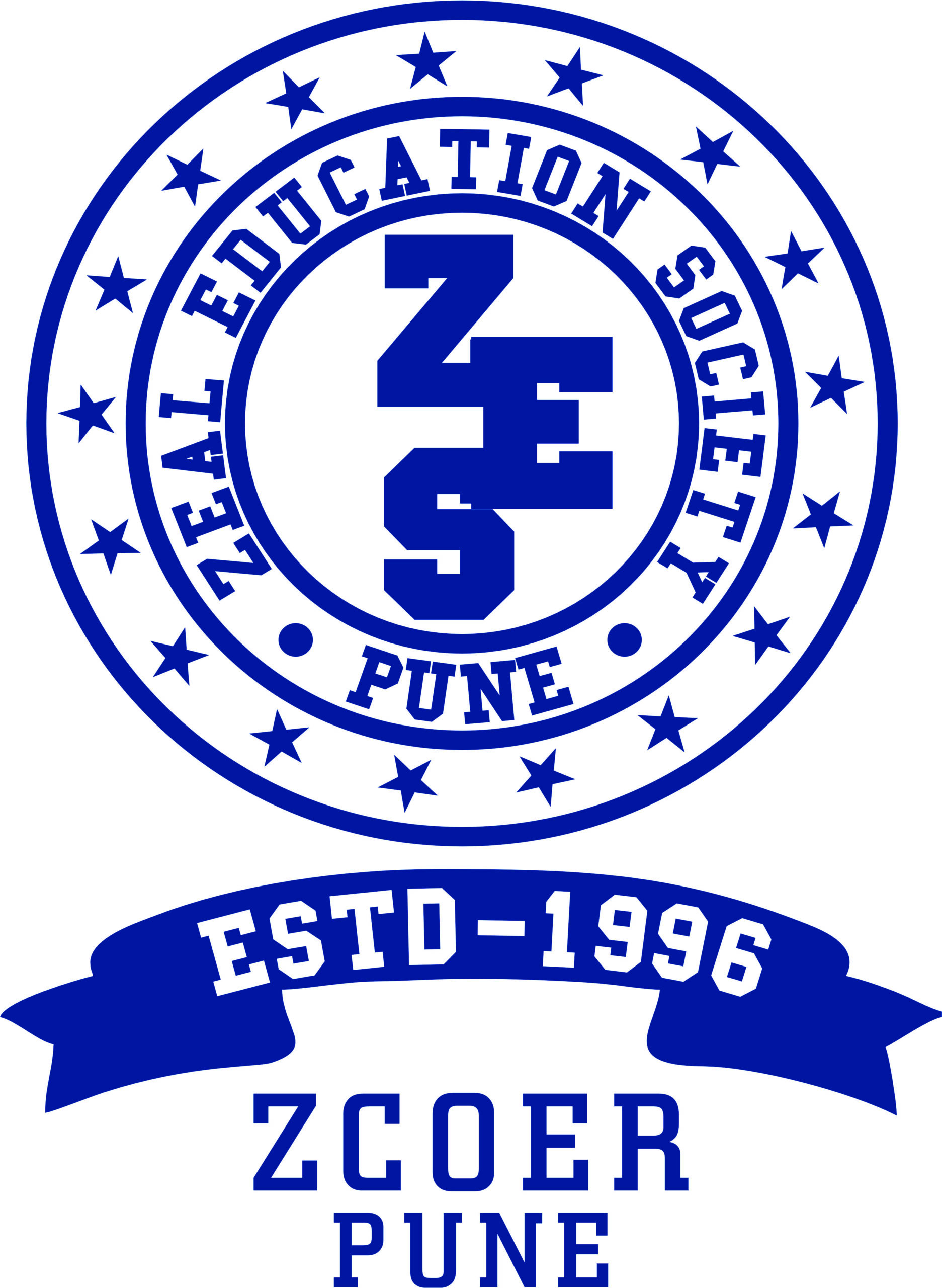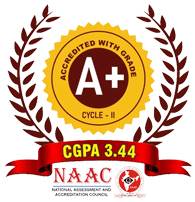Mechanical Engineering
- Mechanical Engineering
- About Department
- From HOD Desk
- Vision & Mission
- PEO & PSO, PO & CO
- Autonomy Constitution
- Faculty Profile
- Lab Facilities
- Innovations in Teaching – Learning
- Research & Publications
- Skill Development
- Faculty Achievements
- Students Achievement
- Student Achievement (University)
- Student Chapter
- Students Association
- Placement and Internship
- Center of Excellence
- Life @ Mechanical
- Downloads
- Newsletter
- Final Year Projects
- PBL and Mini Project
- ATAL FDP 2026
Introduction:
The Mechanical Engineering Department of Zeal College of Engineering and Research (ZCOER) is committed to enhancing the teaching-learning process by incorporating activity-based teaching methodologies. These innovative approaches aim to promote active learning, engagement, and a practical understanding of mechanical engineering concepts.

Objectives:
The primary objectives of implementing activity-based teaching are:
- To encourage active student participation in the learning process.
- To bridge the gap between theoretical knowledge and practical applications.
- To improve problem-solving abilities through experiential learning.
- To foster collaboration and teamwork among students.
Implementation Strategies:
To achieve these objectives, the faculty members have adopted various activity-based teaching techniques, including:
- Hands-on Activities:
- Practical demonstrations of mechanical components and systems.
- Prototype development and fabrication projects.
- Experimental lab-based learning to reinforce theoretical principles.
- Simulations and Virtual Labs:
- Use of computer-aided design (CAD) software for real-time visualization and analysis.
- Simulation of mechanical processes using software tools like ANSYS, SolidWorks, and MATLAB.
- Virtual labs to enhance understanding of complex engineering phenomena.
- Group Discussions and Collaborative Learning:
- Case study discussions on real-world engineering problems.
- Group assignments and peer-to-peer teaching methodologies.
- Problem-Based Learning (PBL):
- Assigning industry-relevant problems to students for analysis and resolution.
- Encouraging students to propose solutions using interdisciplinary approaches.
- Integration of project-based assessments in the curriculum.
Impact and Benefits:
The adoption of activity-based teaching in the Mechanical Engineering Department has led to significant improvements in various aspects of the learning process:
- Enhanced Student Participation: Students are more engaged in classroom activities and discussions.
- Deeper Understanding of Concepts: Practical exposure enables students to grasp complex theories more effectively.
- Improved Problem-Solving Abilities: Hands-on learning and simulations encourage analytical thinking and innovative solutions.
- Development of Teamwork and Communication Skills: Group activities foster collaboration, leadership, and effective communication.
- Better Academic Performance: Increased retention of knowledge has resulted in improved exam performance and project outcomes.
Submit your review | |
1 2 3 4 5 | |
Submit Cancel | |
The college boasts a team of knowledge and supportive faculty members who employ effective teaching methodologies, ensuring comprehensive understanding of subjects.
Good Practice for stage daring and confidence












